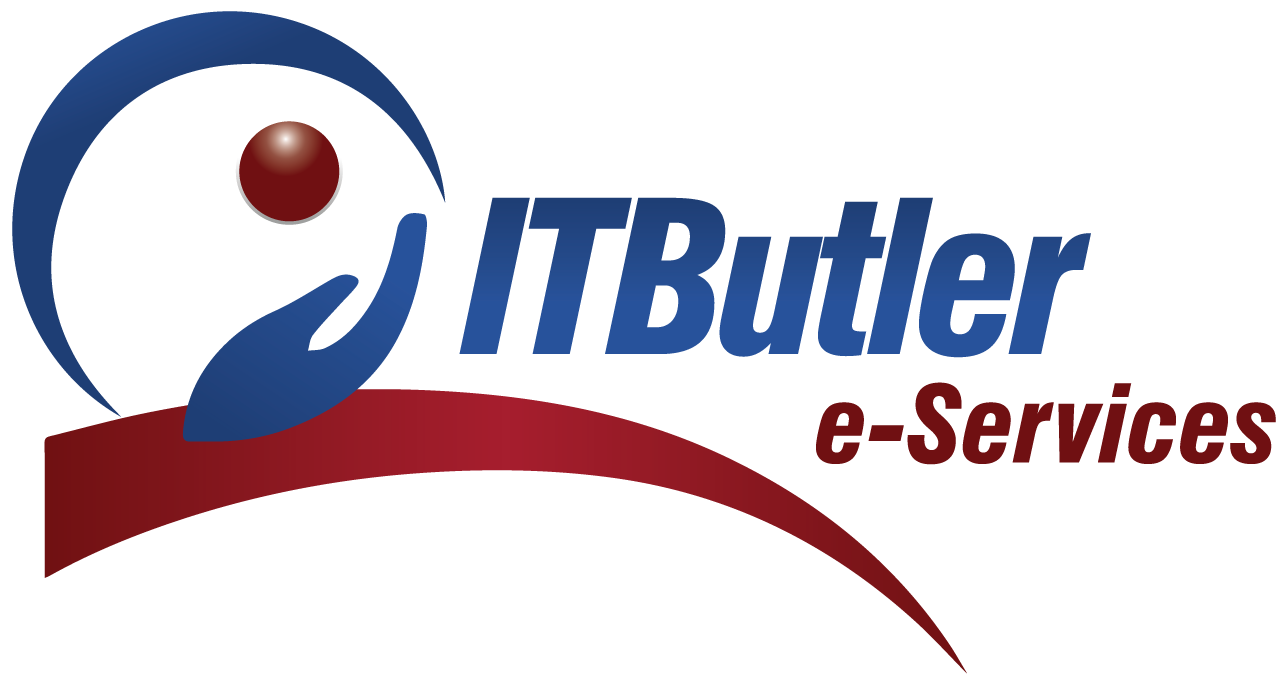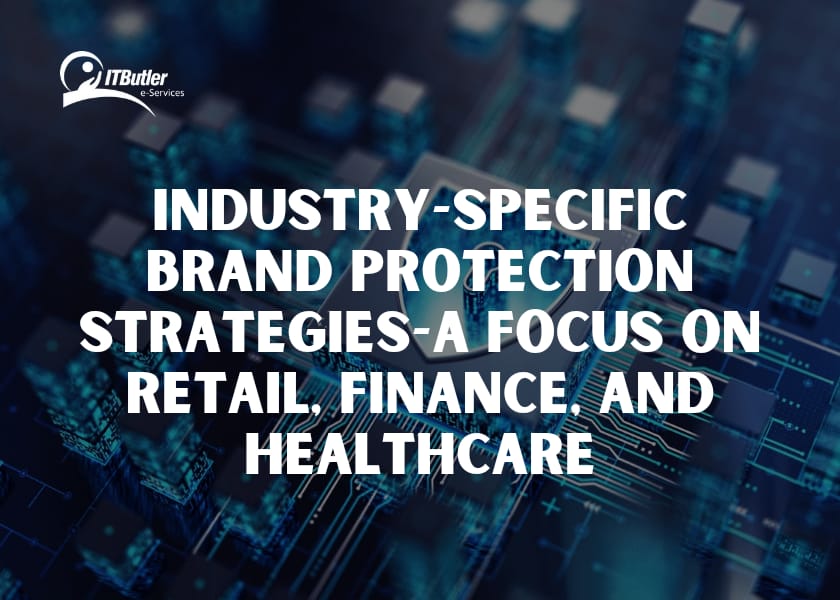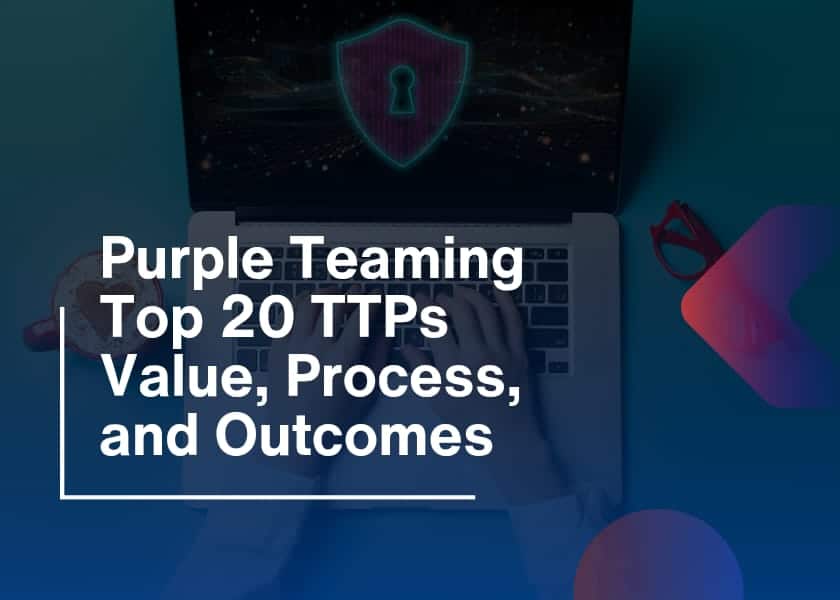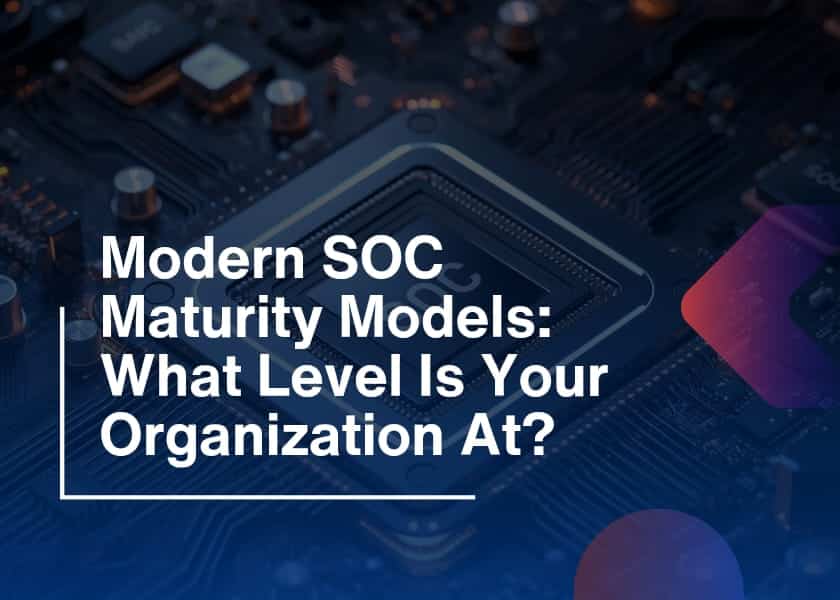Have you ever woken up to find that your brand reputation has gone to ruin? Counterfeit products started pouring in overnight, customer data was stolen, or your business was attacked. Yes, that is scarier. Therefore, brand protection in retail, finance, and healthcare is essential to survival in today’s fast-paced world.
Every industry presents unique challenges regarding brand protection. This blog aims to provide smart, industry-specific strategies for safeguarding your brand in retail, finance, and healthcare.
Strategies for Brand Protection in Retail
Brand protection isn’t only about counterfeit handbags or knock-off shoes sold in some of the darkest areas of the internet. However, there’s much more that goes into protecting a retail brand than trolling around for counterfeit products.
Online Shop Security
With the trend of online shopping, retailers are more likely to be prey to hackers. However, cyber hackers hacker can steal your customers’ payment information, acquire your sites, or even manipulate your supply chain. Therefore, to ensure protection against these threats to your brand, online store security is more important than ever.
1. Use HTTPS: HTTPS will keep data in safe envelopes so that customers have peace of mind when shopping on your site.
2. Regular Security Updates: Think of it as maintaining your house. Updates ensure that the vulnerabilities on the website get patched up and stay secure.
Protect Your Intellectual Property (IP)
IP is not just a feature for luxury brands. However, even a small online retailer can see the products being copied. What happens after this, is these counterfeit products come into the market, dilute your brand, and make customers distrust the brand.
1. Trademarks and Patents: Patents are important to protect your brand’s name, logo, and designs. Thus, give your brand legal superpowers.
2. Monitor Online Marketplaces: Identify sellers selling counterfeit copies of your products on platforms like Amazon or eBay. In addition, use brand protection solutions to scan for counterfeits on an automated basis.
Customer Data Protection
Consumers trust the retailer with their payment and personal information. However, if their data is stolen, it’s not just a security breach instead it’s a trust breach.
1. Use Secure Payment Gateways: Never use insecure payment systems for transactions. However, always use secure payment systems like PayPal or Stripe known for their security features.
2. Train Employees: Phishing attacks are the most common means through which cybercrimes target retailers. So educate your employees on suspicious emails and how to avoid clicking any shady buttons.
Strategies for Brand Protection in the Finance Sector
Cybersecurity is not simply important for finance but rather it’s a matter of survival. Hackers target banks and financial houses, and even one breach can cause huge losses. Therefore, in the finance sector, brand protection is about security and customer trust.
Finance Sector Cybersecurity
Financial institutions have been up for cyberattacks as they handle all that sensitive information. As they are the vault of personal data, credit card numbers, and transaction records. They have everything. So, here is what financial companies can do to protect themselves:
1. Two-factor authentication (2FA): Asking people for more than a password is locking a door with two locks. However, it is a very simple and effective way of adding extra security.
2. Encryption end-to-end: Transferring your data through an invisible tunnel that the hacker won’t be able to see. That’s the whole idea of encryption. In addition, it will protect all the sensitive information during a transaction.
3. Regular Audits: Hire ethical hackers to try to break into your system. However, this will be a kind of test to strengthen your security levels.
Brand Monitoring for Financial Institutions
The finance sector is highly regulated. Therefore, even a slight mistake could punish you with fines or loss of trust. In this way, brand monitoring plays a very crucial role.
1. Reputation Management Tools: Web monitoring tools monitor the entire web for possible mentions about your brand 24/7. Thus, allowing you to catch problems before they become full-blown disasters.
2. Tackle complaints immediately: In the finance industry, bad customer service spreads like wildfire. So, address the complaint promptly and professionally so that your reputation does not hit a downturn.
Protecting Against Fraud
It is also one of the highest risks for financial institutions since, in many cases, it may take the form of credit card fraud, identity theft, or even insider fraud that may damage your brand.
1. AI-Based Fraud Detection Systems: These systems are more like security cameras for your financial transactions. As they are watching for suspicious behavior and flagging it before it could damage things.
2. Educate Customers: Tell your customers about the new scam that can target them and how to avoid it. The more aware the customer, the harder he would be to get caught by a threat.
Strategies for Healthcare Data Security
Healthcare organizations do not just carry financial information instead they hold sensitive health data. Consequently, this makes them the prime attack sites of cyber thieves.
Health Data Security for brand protection
Imagine all your medical history in the wrong hands. Scary? That is why data security has become the heart of health brand protection.
1. HIPAA Compliance: In most countries, healthcare organizations are mandated to follow strong data privacy laws such as HIPAA in the US. As the non-compliance may attract enormous fines and damage to your brand.
2. Encrypt the Medical Records: Encryption is the key, just as in the finance sector. If the hackers manage to access your patient information, they will not be able to read it because of encryption.
Securing IoT Devices in Healthcare
Hospitals are now using these new IoT devices such as smart monitors or insulin pumps to monitor the patient. Although these new devices improve the operating system used on the patients, they also open new doors for cyberattacks.
1. Upgrading IoT devices: While you update the software of your phone, IoT devices also need regular updates to avoid breaches. As they are also opening new doors for cyberattacks.
2. Secure Connections: Ensure that all IoT devices are associated with secure connections. If you don’t leave the front doors open at your hospital, then you will not leave the digital doors either.
Cybersecurity Training for Staff
The healthcare professionals are very skillful in dealing with patients, but pretty poor in knowing it’s a phishing attempt. Therefore, good cybersecurity training is essential.
1. Phishing Awareness: Educate the healthcare staff about what phishing attempts look like. It’s easier to run away from a trap when you know what it looks like.
2. Strong Password Policies: Enforce strong password usage, and these should be changed often. Thus, no more “12345” or “password”.
Brand Protection Solutions for All Industries
Monitoring Services
Whether it is your logo or product images, brand monitoring services can track all the activity. Thus, it alerts you about the misuse of your brand.
Legal Action
If someone is infringing on your brand, do not hesitate to take legal action. That will serve as both protection and a warning to others.
Digital Certificates
Use SSL certificates to make sure that your website is secure and trustworthy. However, it’s a small investment but it boosts your credibility.
Conclusion
Brand protection in retail is not something that can be ignored as a going concern in any industry. However, you might be a retailer dealing with counterfeit products and need brand protection in retail for reputation. Thus, the above industry-specific strategies will help you stay one step ahead of the threats.
FAQs about Brand protection in Retail
-What are brand protection strategies?
Brand protection strategies are industry-specific techniques to stay away from cyber threats. However, these may include the use of HTTPS, two-factor authentication (2FA), or HIPAA Compliance to protect your data.
-What do you mean by brand protection?
Brand protection means protecting your digital assets or products from third parties as they can use it to damage your reputation. In this way, people will use fake products prepared by them but with your brand name.
-What are the four 4 types of branding strategies?
These are the 4 types of branding strategies
- Line extension
- Brand extension
- New brand strategy
- Flanker/fight brand strategy





